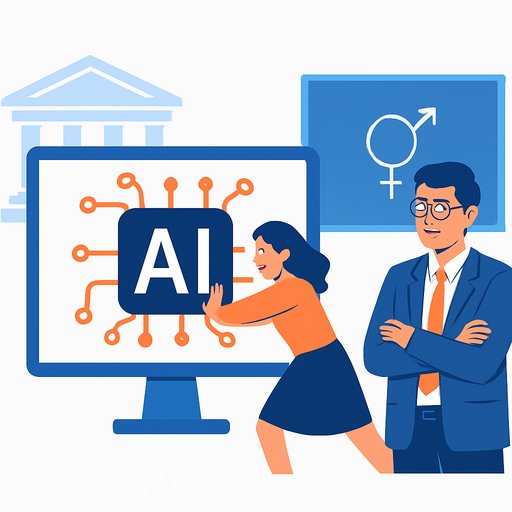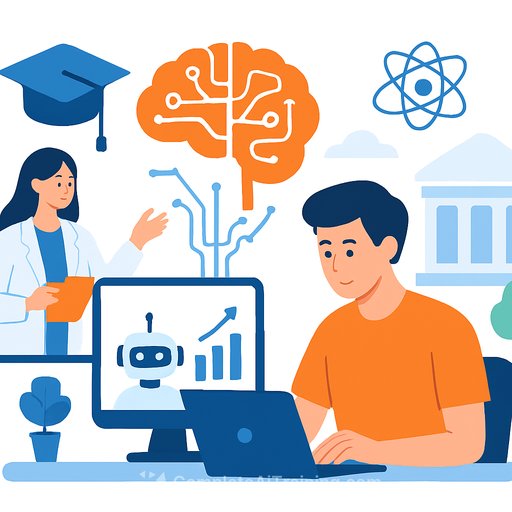BNY and Carnegie Mellon Launch $10M AI Lab to Advance Education and Research
September 11, 2025
BNY (NYSE: BK) and Carnegie Mellon University announced a five-year, $10 million collaboration to build and scale trusted AI across research, education, and real-world use. The partnership connects CMU students, faculty, and staff with BNY experts to accelerate AI innovation and prepare the next generation of leaders.
What the BNY AI Lab Will Do
The BNY AI Lab will develop technologies and frameworks that support governance, trust, and accountability for mission-critical AI, including systems used in financial services. It brings together CMU's strengths in computer science, AI, and business with BNY's enterprise-scale expertise to advance both theory and application.
- Develop and test AI governance approaches that are reliable, auditable, and deployable at scale.
- Support cross-disciplinary courses and talent recruitment across CMU's schools and colleges.
- Translate research into practices that deliver measurable outcomes for clients and institutions.
On-Campus Hub for Joint Work
Starting in the 2025-26 academic year, a dedicated space on CMU's Pittsburgh campus will host joint research, education projects, and recruiting. BNY employees will work directly with CMU students and faculty, creating a clear path from classroom and lab to implementation.
Why This Matters for Education Leaders
This is a signal for curriculum builders, deans, and program directors: AI literacy is no longer enough. Institutions need graduates who can build, evaluate, and manage AI that stands up to real-world scrutiny.
- Update core coursework to include AI governance, evaluation, monitoring, data privacy, and policy.
- Stand up capstone studios and practicums that map to enterprise needs in financial services and beyond.
- Use recognized frameworks to guide assessment and assurance, such as the NIST AI Risk Management Framework (NIST AI RMF).
- Create clear pipelines: internships, apprenticeships, and research assistantships tied to partner use cases.
- Track outcomes: graduate placement into AI roles, research translated to pilots, and faculty-industry co-authored outputs.
Leadership Perspectives
BNY CEO Robin Vince noted that AI is driving productivity and growth, and that Pittsburgh has cemented its role as a global hub for innovation and talent. He emphasized BNY's long-standing presence in Pennsylvania and the opportunity to attract top talent while advancing AI with broad impact.
Carnegie Mellon President Farnam Jahanian highlighted AI as one of the most significant intellectual developments of our time. He underscored the shared goal to develop and scale emerging AI technologies responsibly so their benefits reach industry and society at large.
Regional and Talent Impact
The collaboration is set to strengthen Pittsburgh's position in AI, support economic development across Western Pennsylvania, and fuel CMU's efforts to train the next wave of AI and data leaders. BNY is already the largest employer of graduates from CMU's Master of Science in Artificial Intelligence and Innovation (MSAII) program, and this agreement expands that pathway.
How Academic Teams Can Act Now
- Map current syllabi to governance, evaluation, and deployment themes central to mission-critical AI.
- Identify cross-college teams (CS, business, public policy, design) for joint course delivery.
- Draft capstone briefs tied to real datasets and constraints common in financial services.
- Stand up faculty-industry working groups to surface research questions with near-term application.
If you're building an AI upskilling plan for faculty or students, see curated programs by role at Complete AI Training.
Your membership also unlocks:






